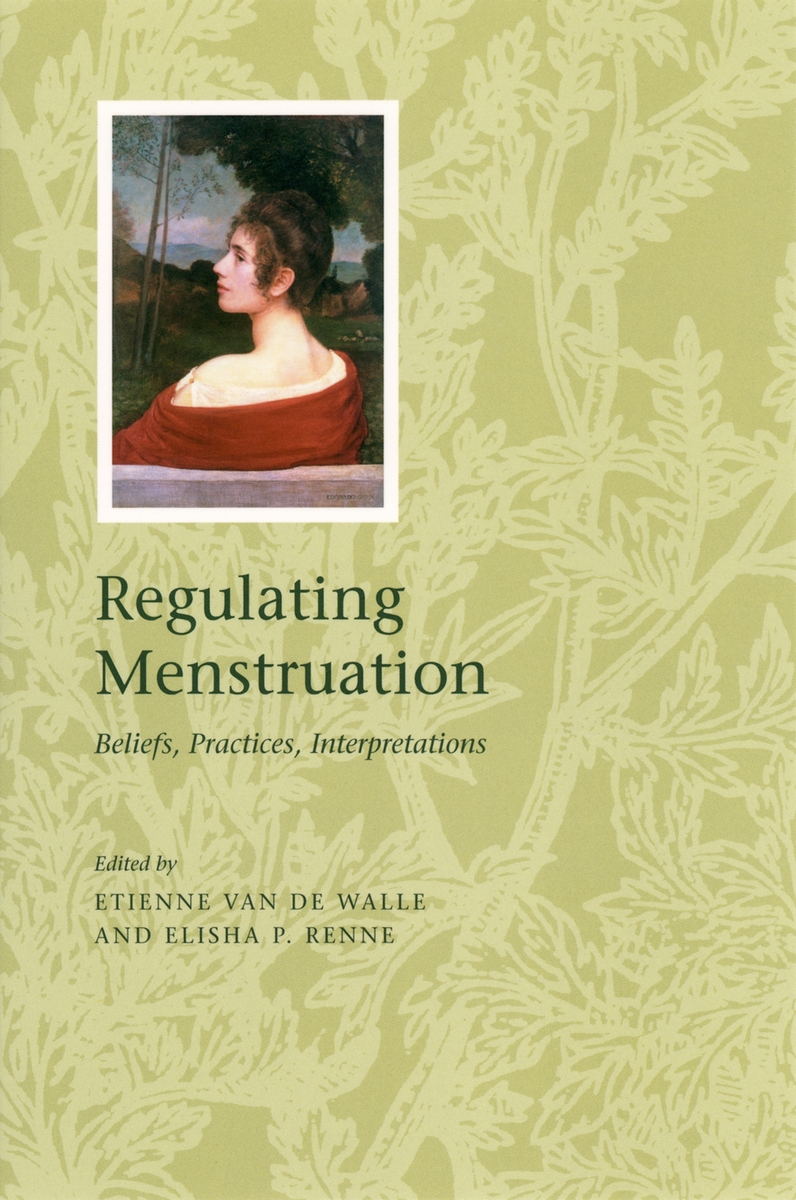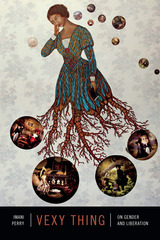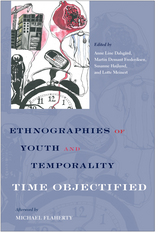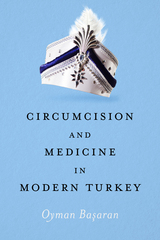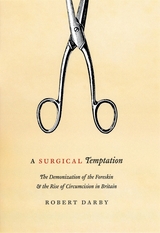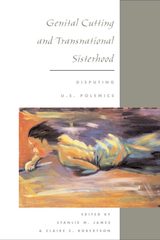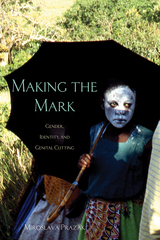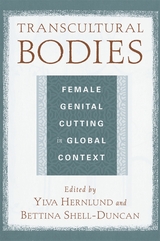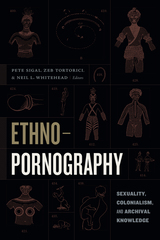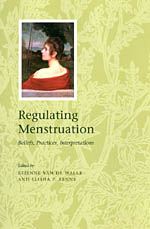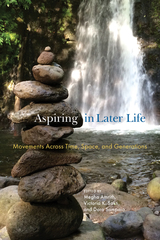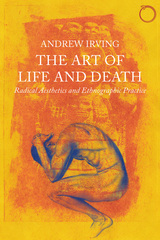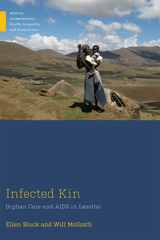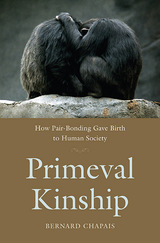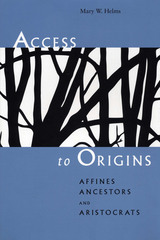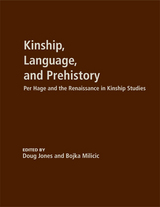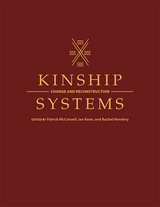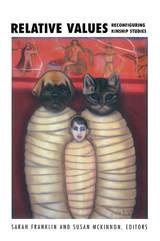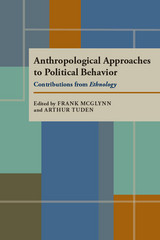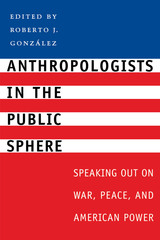Regulating Menstruation: Beliefs, Practices, Interpretations
University of Chicago Press, 2001
Cloth: 978-0-226-84743-6 | Paper: 978-0-226-84744-3
Library of Congress Classification GN484.38.R44 2001
Dewey Decimal Classification 305.4
Cloth: 978-0-226-84743-6 | Paper: 978-0-226-84744-3
Library of Congress Classification GN484.38.R44 2001
Dewey Decimal Classification 305.4
ABOUT THIS BOOK | AUTHOR BIOGRAPHY | TOC | REQUEST ACCESSIBLE FILE
ABOUT THIS BOOK
Menstruation, seen alternately as something negative—a "curse" or a failed conception—or as a positive part of the reproductive process to be celebrated as evidence of fertility, has long been a universal concern. How women interpret and react to menstruation and its absence reflects their individual needs both historically as well as in the contemporary cultural, social, economic, and political context in which they live. This unique volume considers what is known of women's options and practices used to regulate menstruation—practices used to control the periodicity, quantity, color, and even consistency of menses—in different places and times, while revealing the ambiguity that those practices present.
Originating from an Internet conference held in February 1998, this volume contains fourteen papers that have been revised and updated to cover everything from the impact of the birth control pill to contemporary views on reproduction to the pharmacological properties of various herbal substances, reflecting the historical, contemporary, and anthropological perspectives of this timely and complex issue.
Originating from an Internet conference held in February 1998, this volume contains fourteen papers that have been revised and updated to cover everything from the impact of the birth control pill to contemporary views on reproduction to the pharmacological properties of various herbal substances, reflecting the historical, contemporary, and anthropological perspectives of this timely and complex issue.
See other books on: Beliefs | Cross-cultural studies | Menstruation | Traditional medicine | Women's Health
See other titles from University of Chicago Press
